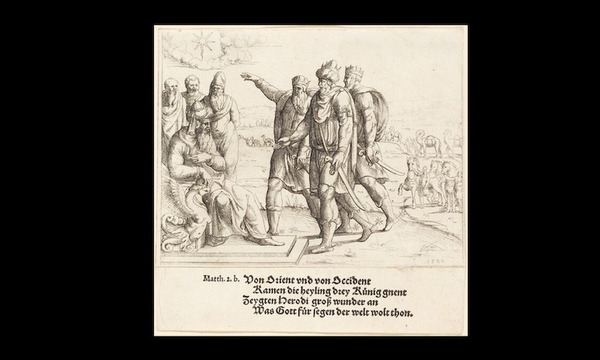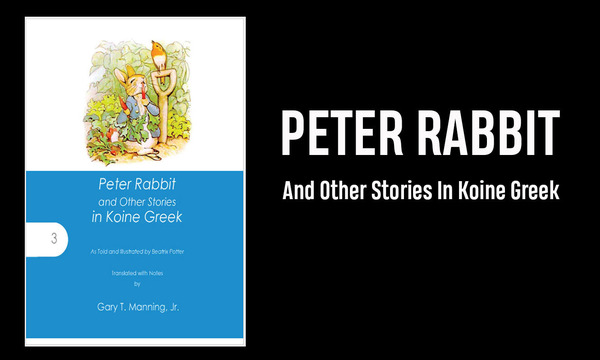Posts by Gary Manning Jr
Best of the Blog: Fall 2022
“Paid in Full”? The Meaning of τετέλεσται (Tetelestai) in Jesus’ Final Words
New Program Roundup: Summer 2021
An introduction to the latest programs arriving this summer and fall.
Best of the Blog: Summer 2021
New Dead Sea Scroll Discovery: A Closer Look
Best of the Blog
Paul's Name Change
Streamlining Seminary
Innovative New B.A. + M.A. Program Prepares Students to Enter Pastoral Ministry More Quickly
 Biola University
Biola University
.jpg)

.jpg)
.jpg)


_(1).jpg)





